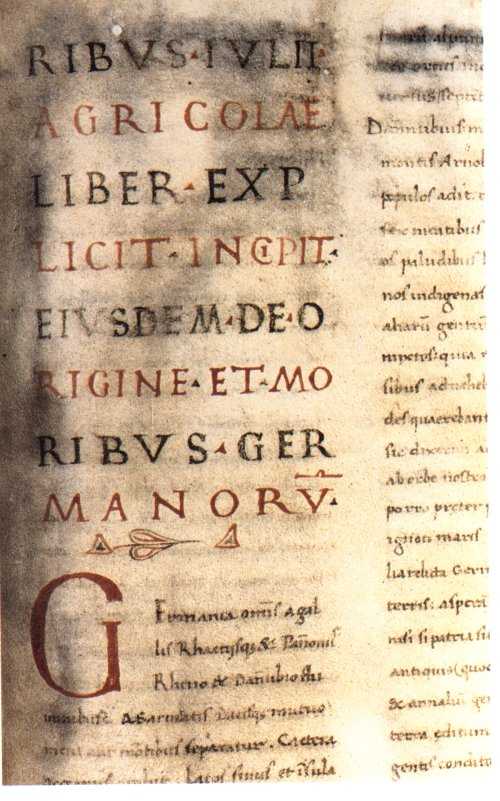 What is left as a podcast, is the latest edition, which is about Tacitus. Host Melvyn Bragg writes in his newsletter: "I fear I’ll be accused of being the man who asked three women scholars to talk about the finer, or rather the grosser, details of Roman sexuality. I’m sure you’ll accept that I simply did it in the interests of a fuller description of what Tacitus was meaning! And that’s true (no exclamation mark)." However, this is a very minor detail in the program and the guests storm through it admirably.
What is left as a podcast, is the latest edition, which is about Tacitus. Host Melvyn Bragg writes in his newsletter: "I fear I’ll be accused of being the man who asked three women scholars to talk about the finer, or rather the grosser, details of Roman sexuality. I’m sure you’ll accept that I simply did it in the interests of a fuller description of what Tacitus was meaning! And that’s true (no exclamation mark)." However, this is a very minor detail in the program and the guests storm through it admirably.What remains is the historian who delivers us the template for Gibbon's Decline and Fall, the first sources about the tribes in Central Europe and the intricacies of being a senator in Rome. Even if Rome is eternally in decline, it never seems to fade and stop standing as a measure for western civilization.
More In Our Time:
John Donne (The Metaphysical Poets),
The Arab Conquests,
BBC's In Our Time (podcast review),
General review of In Our Time,
Library of Nineveh.
